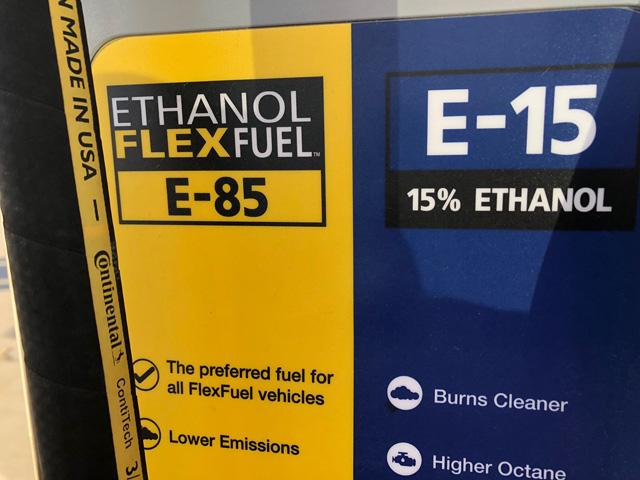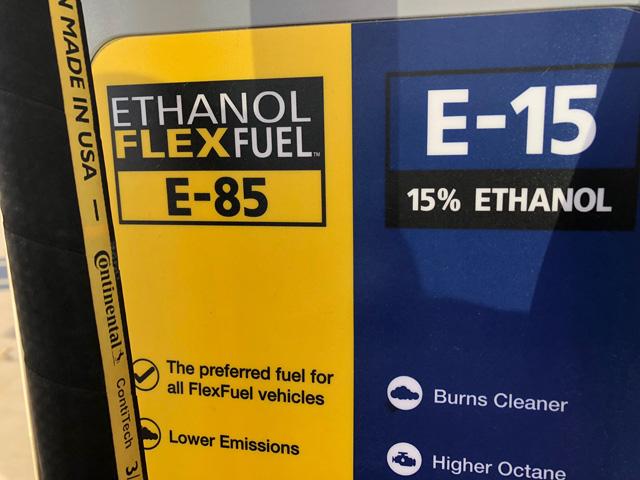Ethanol Blog
Senate Bill Would Open Door Wider For Flexible-Fuel Vehicles in Emissions Reductions
LINCOLN, Neb. (DTN) – A bill introduced in the U.S. Senate on Monday would provide new incentives for automakers to produce more flexible-fuel vehicles, which are vehicles that can burn any blend of ethanol up to E85.
The Flex Fuel Fairness Act introduced by Sens. Amy Klobuchar, D-Minn., and Pete Ricketts, R-Nebr., is designed to level the playing field between FFVs and electric vehicles when it comes to carbon emissions.
Under current EPA emissions regulations electric vehicles benefit from an assumption there are zero carbon emissions associated with operating the vehicles. The EPA announced plans to make the zero-emissions assumption permanent for EVs in its recent proposed rule for 2027-2032 emissions standards.
The proposed legislation would create a similar assumption that FFVs always operate on E85 -- a fuel that reduces lifecycle GHG emissions by 31% percent compared to gasoline. The bill would allow automakers to use an emissions value for an FFV that is 31% lower than the emissions value for the corresponding non-FFV model.
FFVs have been available throughout the life of the Renewable Fuel Standard but to this point have not been recognized by the EPA as an emissions advantage.
P[L1] D[0x0] M[300x250] OOP[F] ADUNIT[] T[]
"If EPA regulations are going to credit EVs for their maximum theoretical carbon emissions benefit, then it stands to reason that the agency should also credit FFVs for their maximum possible carbon emissions benefit," Renewable Fuels Association Geoff Cooper said in a news release on Monday.
"This bill would ensure that EPA is being fair and equitable in the way it uses emissions values as policy incentives to stimulate the production of lower-carbon vehicles. This legislation helps unlock the potential of renewable fuels and puts more tools in the toolbox for automakers who must comply with increasingly stringent vehicle emissions standards."
The RFA said in a news release that even as demand for E85 has "soared" in recent years, the number of new FFV models has "decreased significantly" in recent years.
For the model year 2023, the only FFVs available to consumers are select Ford Explorer, F150 and Transit models, the RFA said. As recently as model year 2015, more than 80 different FFV models from eight manufacturers were available to consumers, according to the RFA.
More than 5,700 gas stations across the country currently offer E85 and the fuel typically sells for 20% to 25% less than regular gasoline.
Growth Energy CEO Emily Skor said the bill would provide the flexibility automakers need to decarbonize light-duty vehicles.
"This bill would level the playing field, so both electricity and low-carbon biofuels can drive progress toward a net-zero future," Skor said in a statement.
"Higher blends of biofuels offer immediate climate benefits while also reducing emissions of particulate matter, carbon monoxide, and other smog-forming pollutants linked to cancer and other negative health outcomes. This legislation would put more FFVs on the road and position them to play an even greater role in decarbonizing transportation for decades to come."
Todd Neeley can be reached at todd.neeley@dtn.com
Follow him on Twitter @DTNeeley
(c) Copyright 2023 DTN, LLC. All rights reserved.






Comments
To comment, please Log In or Join our Community .